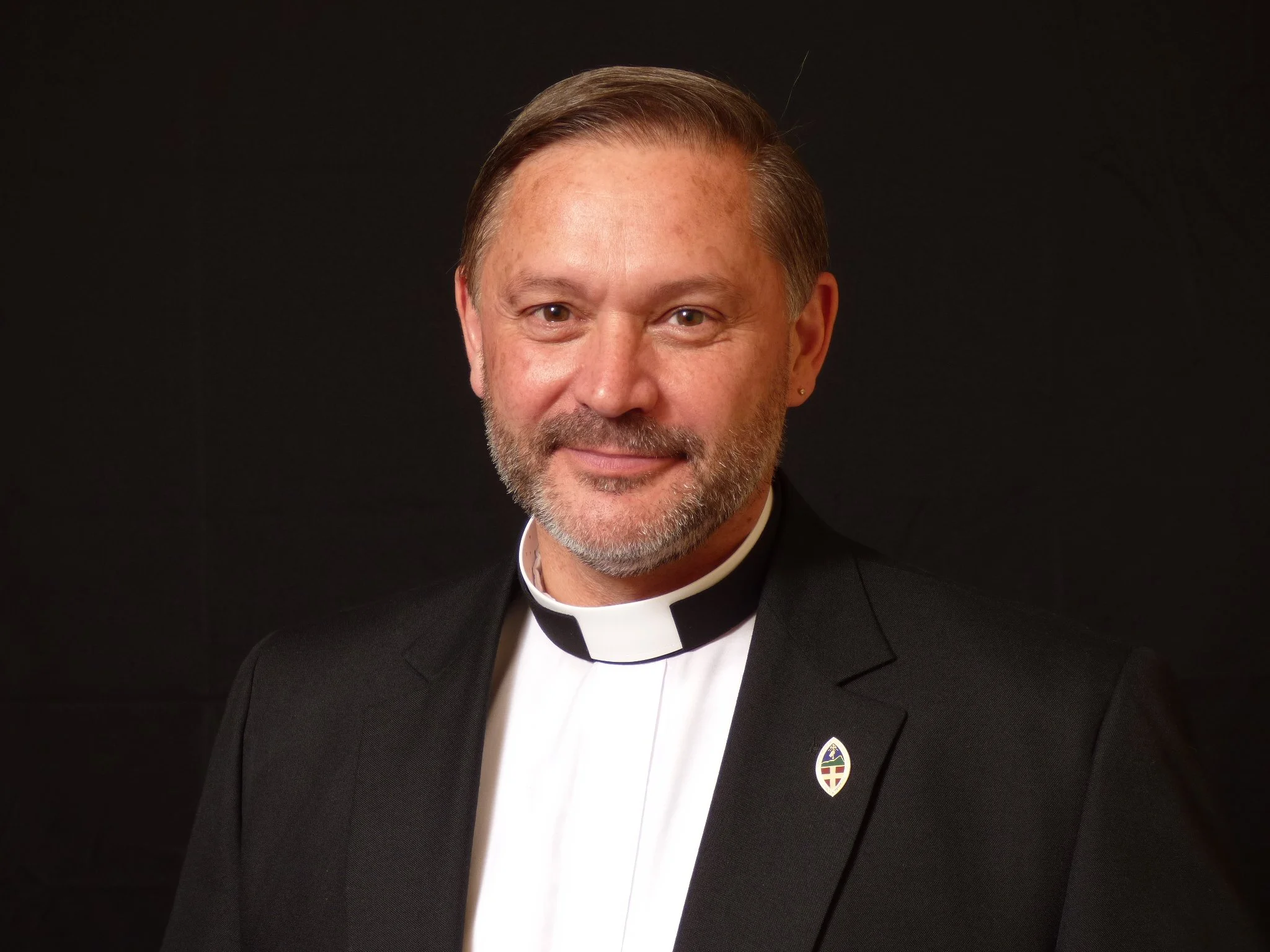“Today salvation has come to this house.” - Luke 10:9
We have been in the gospel of Luke in this year of our three year Sunday lectionary cycle. Luke, more so than the other evangelists, emphasizes Jesus’ words on power, wealth, and honor. Luke’s Jesus is the one whose mother Mary sings of the overthrow of the status quo, of God casting down the mighty from their thrones and lifting up the lowly, of filling the hungry with good things and sending the rich away empty. Luke’s gospel is the one that many have said shows God’s preferential option for the poor. These are descriptive statements of what is true of God’s Kingdom that may just lead us to question how we think about the world and maybe even how we live. We also recall that Luke addresses his gospel to one named Theophilus who is perhaps a very wealthy man. Luke’s Jesus is inviting Theophilus and us into a vision of God’s Kingdom.
Luke’s gospel is noted for providing stories that contrast how people handle wealth especially in light of the presence of God’s Kingdom. Not many Sundays ago, Luke’s Jesus told us a story of a rich man whose land produced a surprise surplus so large he did not have sufficient barns for storing this windfall. So the man, seemingly unaware that he has been blessed by an act of grace, does not respond with an act of thanksgiving or charity but builds larger barns. There is no evidence of gratitude or that his unmerited windfall might be used to help others. The man dies before he can either enjoy this gift or use it to show God’s love to others.
In another story Jesus encounters a rich ruler who is living a seemingly pious life. When he asks what he must do to inherit eternal life, Jesus mentions several of the commandments, to which the ruler says he has kept these since his youth. He sounds like a good community member. He is law abiding, studied in the scriptures, and serious about keeping covenant with God. Then Jesus challenges him to give all his money to the poor. The text says that the man became very sad because he was very wealthy.
It can be very hard to give away money in large amounts - amounts that are costly and sacrificial. Surprisingly, we then read about a man named Zacchaeus, a chief tax collector and wealthy. He is not a pious ruler who knows and lives by the commandments, but a traitor and enemy of his own people. Expect nothing good of this man, yet here we find that a notorious sinner sees and responds to the presence of God. Zacchaeus sees and questions and changes how he thinks about his life and his wealth. Responding to Jesus’ acceptance of him, Zacchaeus pledges to give away half his wealth to the poor and pay back four times what he has cheated from anyone. My guess is that he will soon be broke, yet at the same time he has gained everything. Jesus tells everyone with ears to hear, “Today salvation has come to this house, because this man, too, is a son of Abraham.” Welcome to the fold, Zacchaeus.
There is an irony that this man’s name is Zacchaeus. The name means “pure” or “innocent,” something he was not until he met his salvation in the Lord. When he did, he really did become Zacchaeus. He was rich in charity and pure in heart like the people of God should be. Zacchaeus, the little man up a tree, provides for us a model of reflecting on where we are and what we are doing with our time, talent and treasure, of seeing the better thing that Christ offers, and responding to the gift of salvation with a greater generosity.
As we move into our fall stewardship season, let us keep the story of Zacchaeus fresh in our thinking, and may salvation come again and again to this Good Shepherd house of worship and to all our homes.
Fr. Bill

